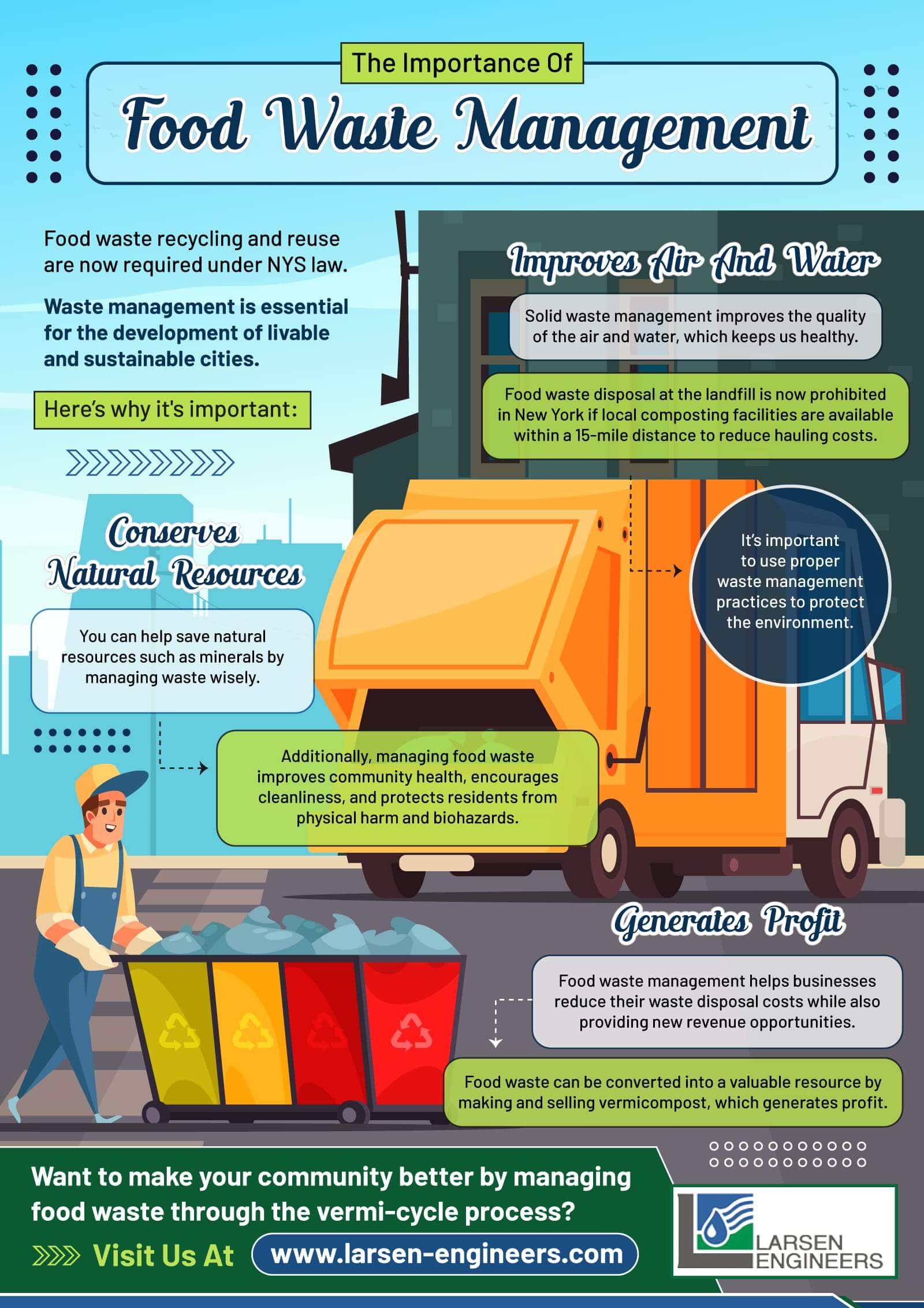Our Reclaim Waste Diaries
Our Reclaim Waste Diaries
Blog Article
Top Guidelines Of Reclaim Waste
Table of ContentsWhat Does Reclaim Waste Do?How Reclaim Waste can Save You Time, Stress, and Money.The Reclaim Waste DiariesFacts About Reclaim Waste UncoveredThe Best Strategy To Use For Reclaim Waste
Domestic sewer waste refers to the waste and products from a household septic tank. The correct management and disposal of residential sewage waste call for fluid waste to be transferred to a sewer treatment plant where the appropriate methods and devices are used to cleanse and dispose of waste.
Commercial waste often includes potential dangers, such as combustible materials or a blend of liquid and solid waste products, and calls for an advanced and comprehensive disposal procedure. The disposal of business waste generally entails the filtration of waste prior to transport to make certain safe and appropriate disposal. Industrial waste is produced from results and drainage of commercial procedures and production.
This sort of waste can not utilize the exact same sewer management transportation or procedures as septic or commercial fluids. The hazardous waste management process requires the inspection and testing of liquid waste before it goes through the disposal process (liquid waste disposal). Runoff waste is the fluid waste that originates from drainage and excess stormwater in highly populated locations or cities
Drainage waste can trigger contamination and flooding if not taken care of effectively. Making certain appropriate waste management can avoid catastrophes and reduce ecological harm.
All About Reclaim Waste
Get in touch with PROS Providers today to find out about our waste monitoring and disposal services and the proper methods to look after the liquid waste you produce.
(https://zenwriting.net/reclaimwaste1/innovative-industrial-wastewater-treatment-solutions-by-reclaim-waste)This so-called 'wastewater' is not only an essential resource yet, after therapy, will certainly be released to our land, rivers or the ocean. Used water from toilets, showers, bathrooms, kitchen sinks, laundries and industrial procedures is understood as wastewater.

water made use of to cool down equipment or tidy plant and tools). Stormwater, a form of wastewater, is overflow that moves from farming and city locations such as roof coverings, parks, gardens, roads, courses and rain gutters right into stormwater drains, after rainfall. Stormwater flows untreated directly to neighborhood creeks or rivers, eventually getting to the sea.
Reclaim Waste Fundamentals Explained
In Queensland, a lot of wastewater is dealt with at sewer treatment plants. Wastewater is transported from domestic or industrial sites with a system of drains and pump stations, understood as sewage reticulation, to a sewage therapy plant. City governments construct, maintain and operate most sewer therapy plants. Operators are licensed under the Environmental Security Act 1994 to discharge treated wastewater at an appropriate environmental standard into waterways.
The Department of Natural Resources encourages city governments regarding managing, operating and preserving sewage systems and therapy plants. In unsewered locations, neighborhood governments may require householders to mount private or family sewer treatment systems to deal with residential wastewater from commodes, kitchens, bathrooms and washings. The Division of Natural Resources authorises using home systems when they are verified to be effective.
In some brand-new communities, treatment of some stormwater to get rid of trash, sand and crushed rock has started using gross pollutant catches. Wastewater treatment happens in 4 phases: Removes solid issue.
Uses small living microorganisms recognizes as micro-organisms to damage down and get rid of continuing to be dissolved wastes and fine particles. Micro-organisms and wastes are integrated in the sludge.
Fascination About Reclaim Waste
Nutrient elimination is not readily available at all sewer therapy plants due to the fact that it needs pricey specialist tools. Clear liquid effluent created after treatment might still include disease-causing micro-organisms - liquid waste disposal melbourne.

This generally implies wastewater has to be treated or impurities gotten rid of prior to it can be discharged to waterways. Most wastewater flows right into the sewerage system. Under the Act, city governments provide approvals and permits for ecologically appropriate tasks (Ages) involving wastewater releases that could have a neighborhood impact. The department carries out approvals and licences to ERAs including wastewater releases that could have a local or statewide influence.
The Ultimate Guide To Reclaim Waste
Monitoring provides accurate info regarding water high quality and can verify that licence conditions are being met. The info obtained via tracking offers the basis for making water top quality decisions.
Report this page